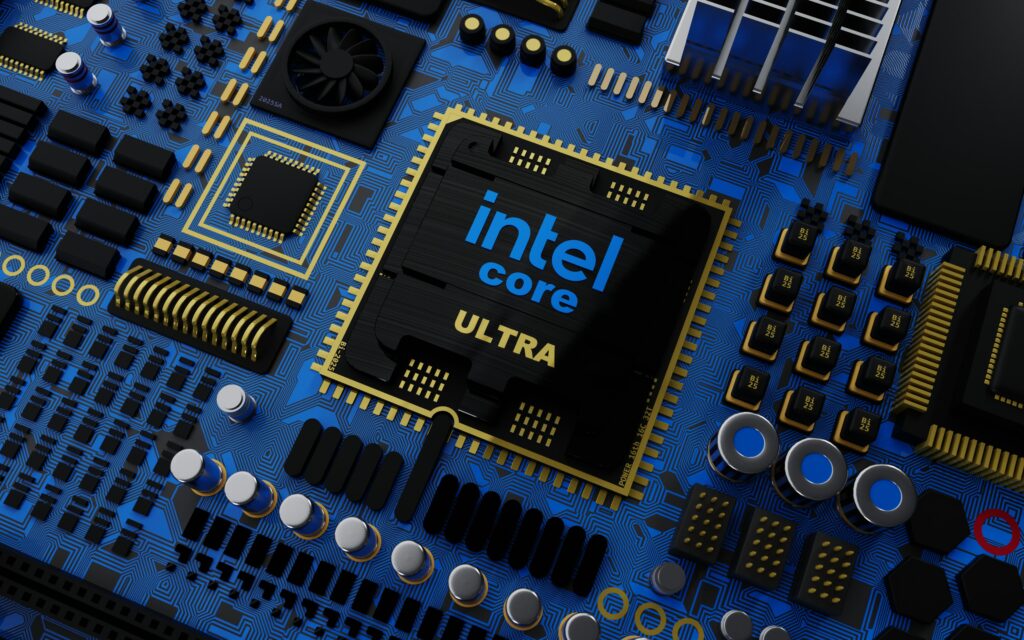Recent reports suggest Intel Corporation (NASDAQ:INTC) could be a target for a friendly takeover by Qualcomm, Inc. (NASDAQ:QCOM). Despite facing challenges, Intel represents a promising investment opportunity due to its strategic initiatives and growing presence in emerging technologies.
The company aims to capitalize on the artificial intelligence (AI) boom with its development of AI-focused chips, such as the cost-effective “Gaudi” processors, which compete against Nvidia’s market dominance.
Additionally, the company is working to integrate AI capabilities into its traditional CPU offerings to meet rising industry demands. The company is also enhancing its manufacturing capabilities with advancements in its Panther Lake processors and progress on its Intel 4 and Intel 3 nodes.
Notably, Intel Corporation (NASDAQ:INTC) has confirmed that its 20A and 18A processes are on schedule, which will enhance chip efficiency and performance, improving its position in the semiconductor market.

Intel Aims for $10 Billion Savings by 2025 through Strategic Cost-Cutting
To boost profitability, the company is implementing cost-cutting measures aimed at achieving over $10 billion in savings by 2025. These efforts include workforce reductions and better capital allocation, which are expected to improve margins as Intel scales its new manufacturing processes.
In Q2 2024, Intel Corporation (NASDAQ:INTC) reported revenue of $12.8 billion, reflecting a slight year-over-year decline but showing sequential improvement. While profitability remains a challenge, with gross margins at 38.7% and earnings per share of only $0.02, the company’s Q3 2024 guidance indicates stable revenue and a long-term commitment to regaining market leadership.
Bernstein’s Analyst: Deal Between Intel and Qualcomm Unlikely
In a recent CNBC interview, Stacy Rasgon, a senior analyst at Bernstine, expressed skepticism about the potential for a deal that supports certain investments. He pointed out that without sufficient cash to create sustainable leverage, it’s unlikely that a deal will materialize.
In such a scenario, the best course of action would be to abandon those investments and sell off their assets for whatever value they can provide. Rasgon believes this approach isn’t politically feasible, as it would require completely discarding the existing roadmap.
If you have to support those investments, don’t see a deal getting done with cash that doesn’t drive leverage to sustainable levels. What do you do with them? You scrap them and sell the tools for whatever they are worth.
Stacy Rasgon
Read also: Is Investing in Starbucks Still a Smart Move? and Berkshire Hathaway Sells $460 Million in Bank of America Shares.












